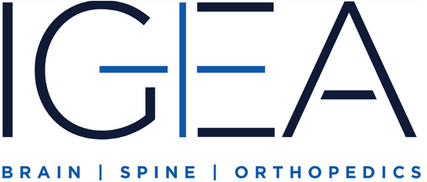MEDICATIONS FOR HEADACHES AND MIGRAINES IN NEW JERSEY & NEW YORK
ANTIMIGRAINE MEDICATIONS
Migraines are commonly treated with medication that either aims to prevent a migraine from happening in the first place or alleviates the symptoms that occur during a migraine attack.
ACUTE TREATMENTS INCLUDE:
-
Analgesics
Simple analgesics include acetaminophen (Tylenol) or non-steroidal anti-inflammatory drugs (NSAIDS) such as aspirin and ibuprofen (Advil), which are nonprescription over-the-counter painkillers best used for mild attacks.
-
Triptans
Triptans, used to treat migraines after they occur, are useful particularly for those with frequent and severe migraines, and for whom other medicines don’t work. Particularly when taken early in an attack, they can be very effective in alleviating pain, in addition to treating nausea, vomiting and sensitivity to light and sound. Among triptans are Imitrex and Zomig. Triptans work by blocking the pain receptors in the nerve endings, via stimulating serotonin, a brain neurotransmitter. In turn, inflammation is reduced, and blood vessels are constricted, thus alleviating the migraine.
PREVENTIVE TREATMENTS INCLUDE:
-
Anti-seizure (or anticonvulsant) Drugs
Anti-seizure medications are typically used in epilepsy to control seizures. Their regular use, in much more limited doses than for epilepsy, is indicated to help migraine prevention. Examples of these drugs include topiramate (Topamax) and valproate (Depacon). Researchers are not sure how or why this class of drugs works, however for the percentage of those for whom they are effective it has been shown to result in significant reduction in numbers of headaches.
-
Antiemetics
Antiemetics are used to treat nausea and vomiting during a migraine since more than half of migraine sufferers experience these symptoms. Antiemetics also reduce the pain, making them a possible use as a single treatment for severe migraines. Like other medications, these work by impacting neurotransmitters, which are particular brain and nervous system chemicals. Examples of these drugs include Metoclopramide, Compazine, Thorazine and Reglan.
-
Ergot Alkaloids
Ergot alkaloids remedy and pre-date the use of other migraine medications. They were the first antimigraine drugs available. They are utilized specifically to treat throbbing headaches, which can be a feature of migraines as well as cluster headaches. These medications are administered as a nasal spray, injections and are also available in tablets and suppositories. Similar to triptans, they act on serotonin receptors. Common types of ergot are dihydroergotamine and ergotamine.
-
Botox
Botox is the first and only FDA-approved preventive treatment for chronic migraines. It is considered a remarkably “clean” treatment (i.e., very few if negligible potential side effects). It is applicable in certain conditions and for certain symptoms, both of which are described on this page.
As with all medications, migraine drugs have potential side effects, which can vary in type and severity. It is important to speak with your doctor about these side effects and to share all information relevant to obtaining a customized prescription.

